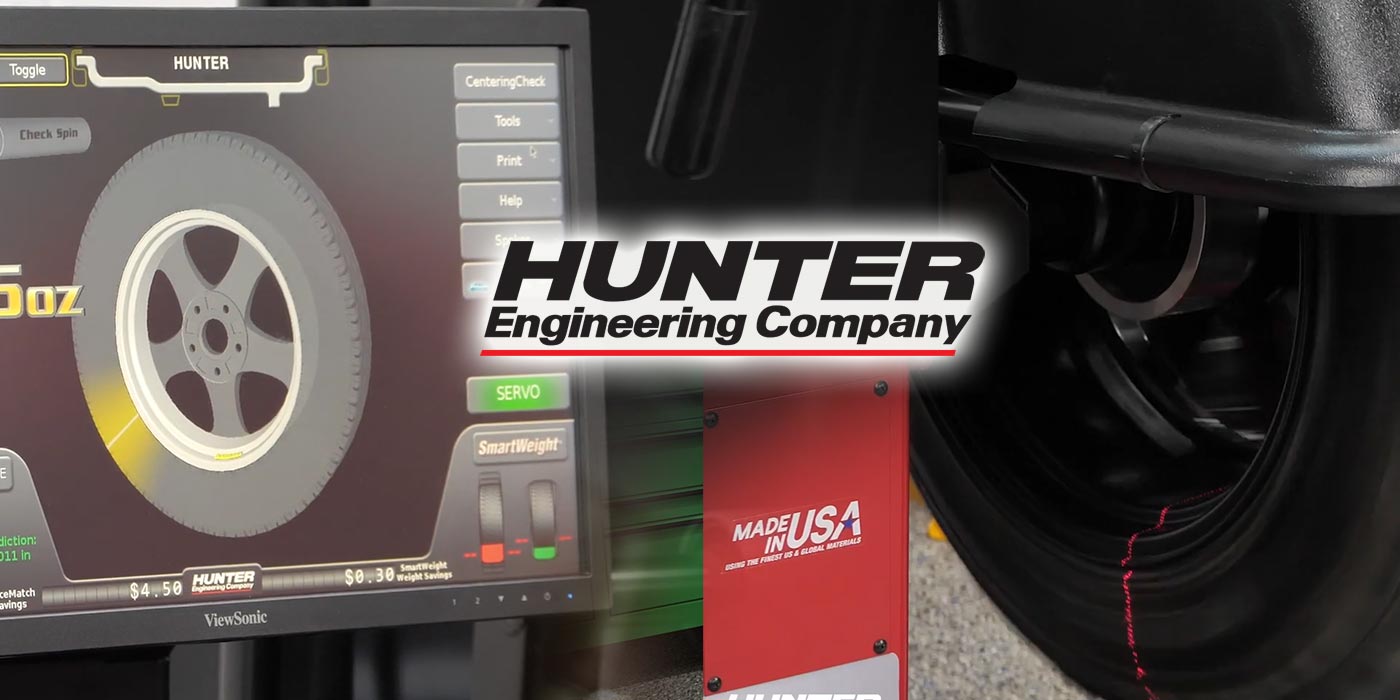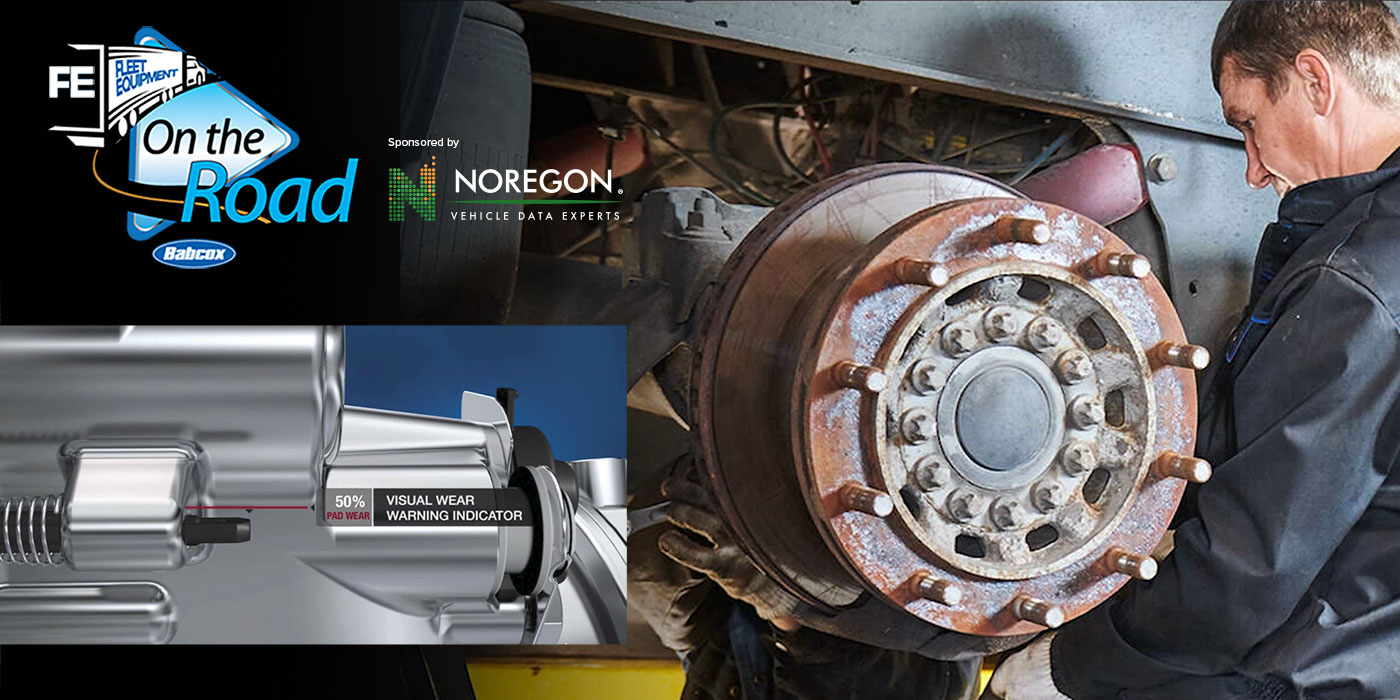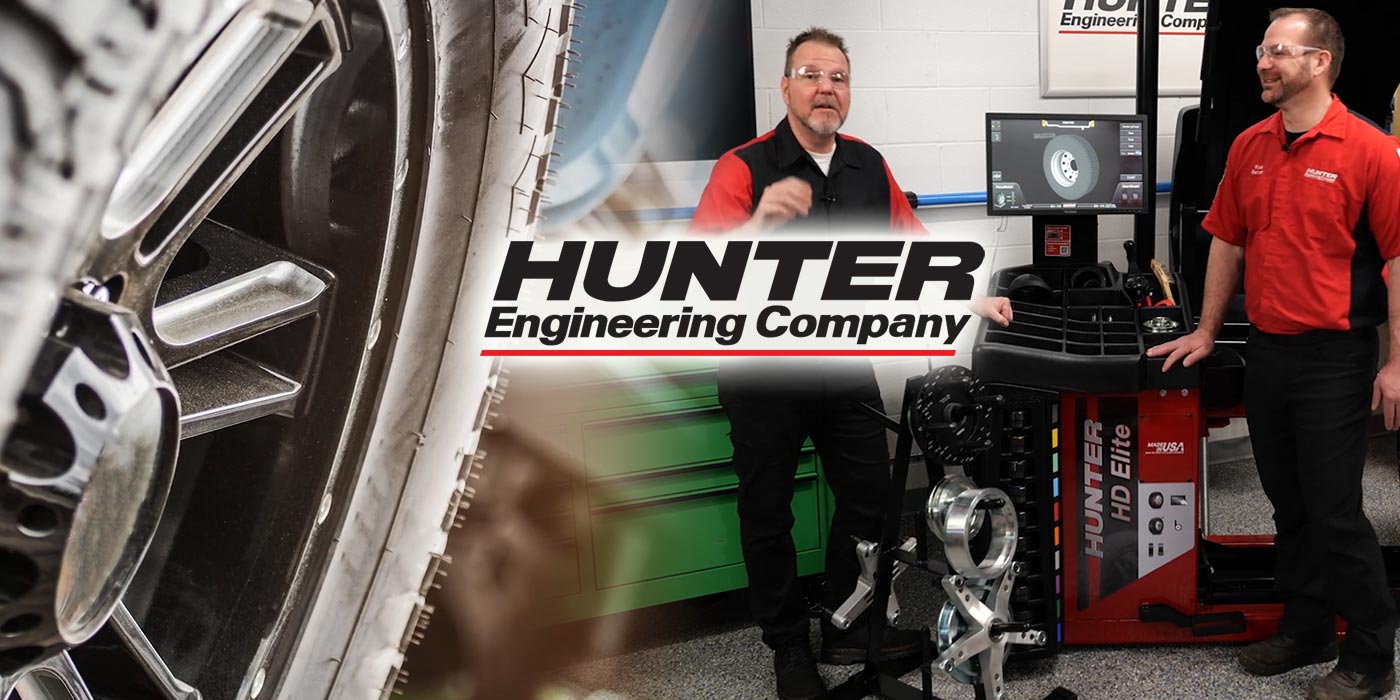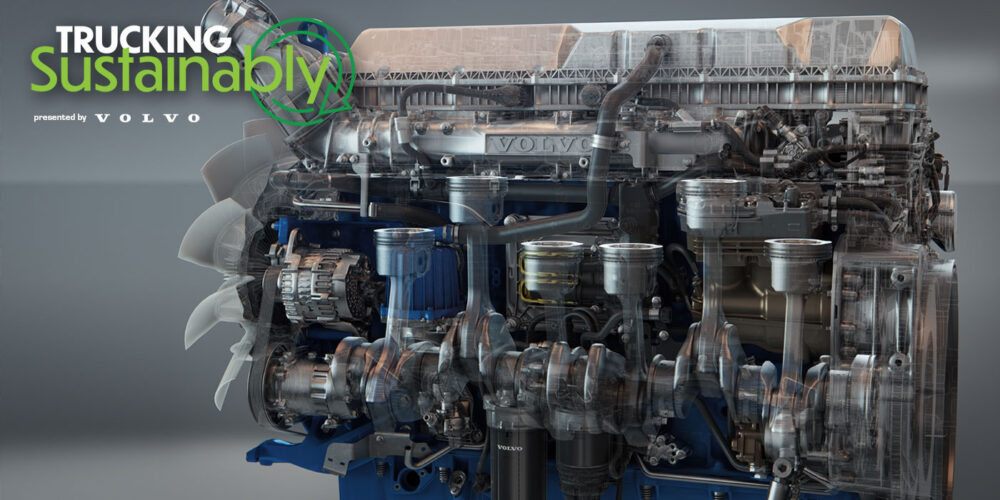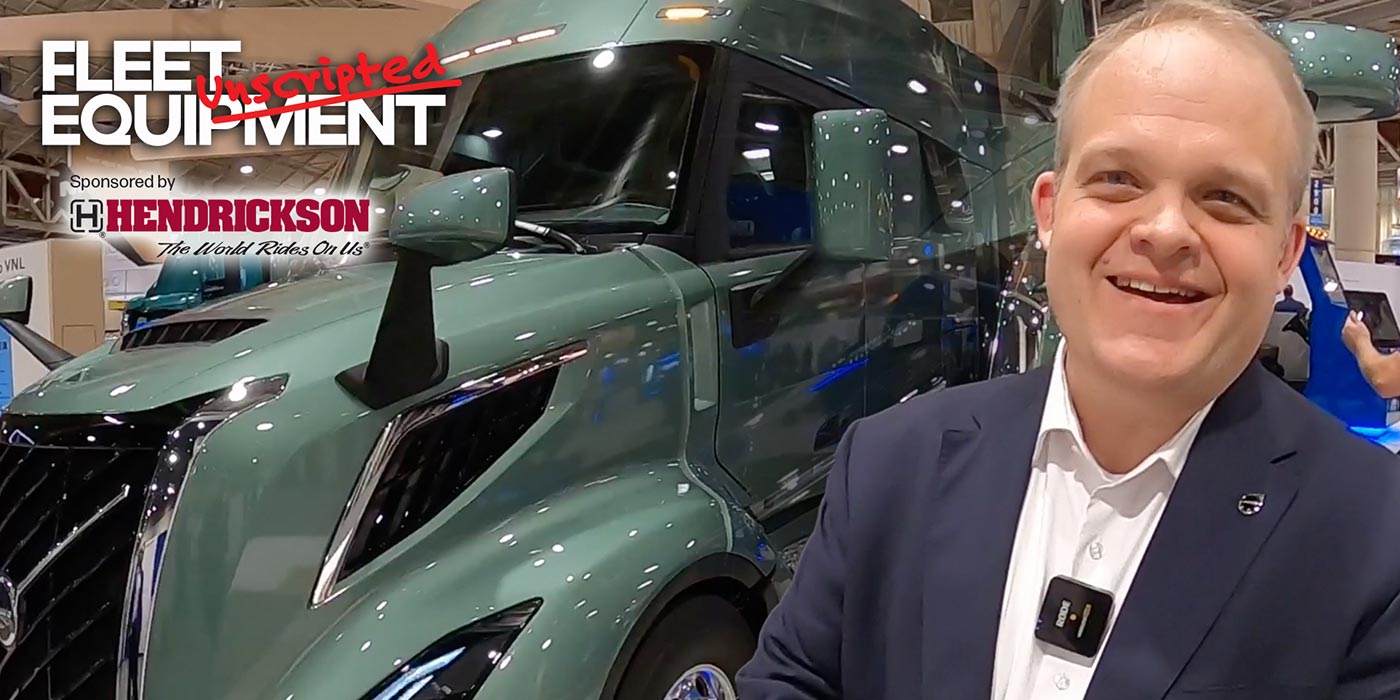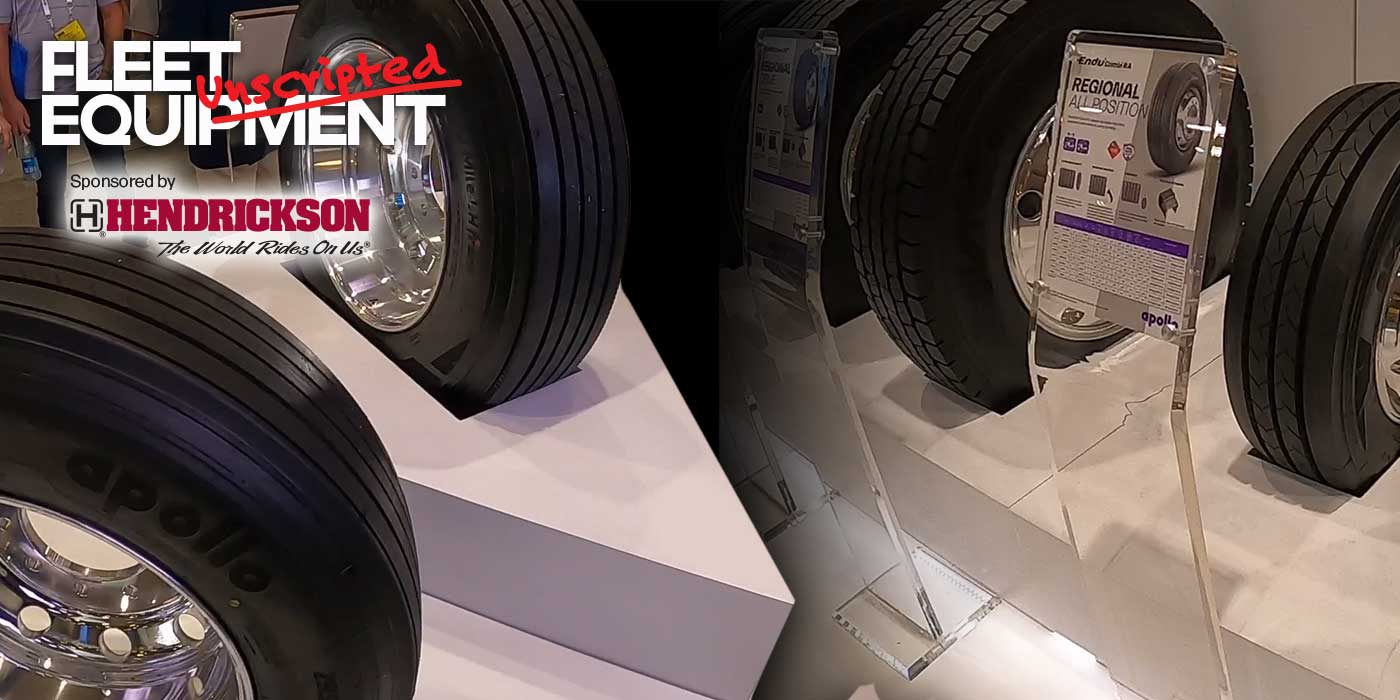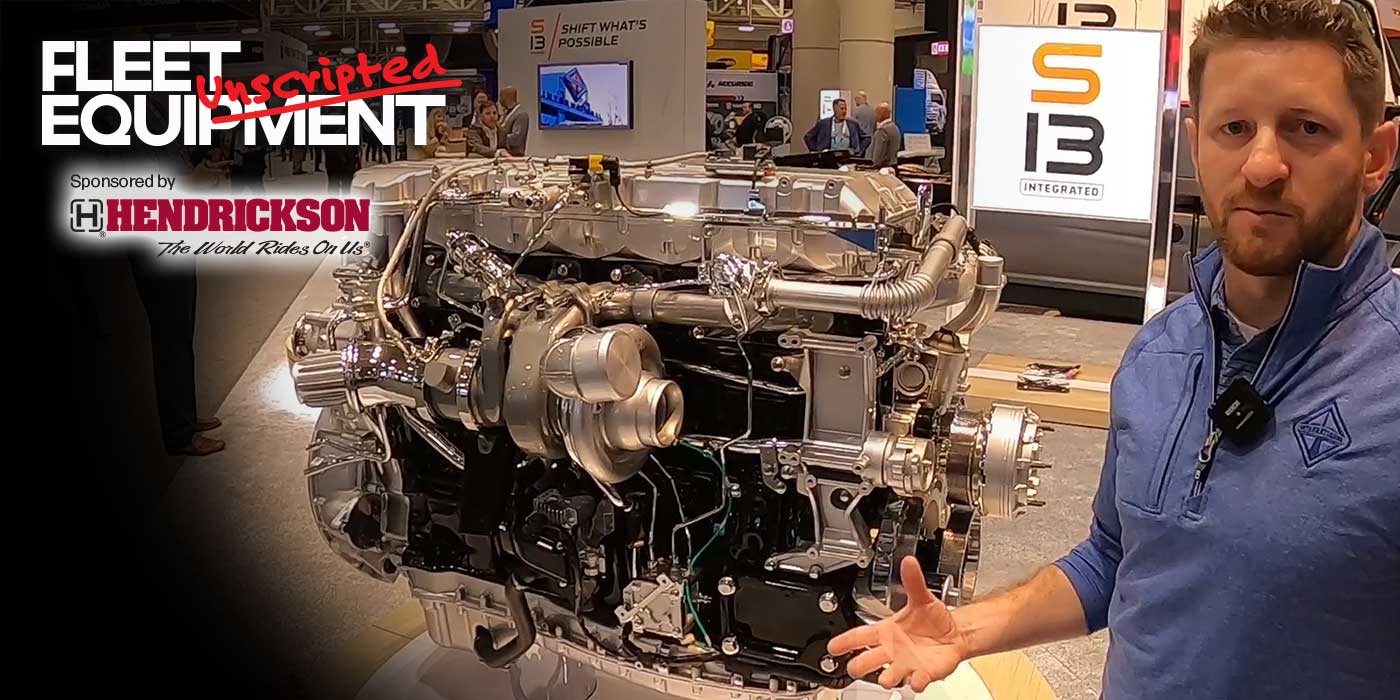There’s plenty of chatter of artificial intelligence making an impact across industries. While much of it is click-bait, pearl clutching, the A.I. reality in the trucking world is that there will not be a single moment where autonomous trucks take over. The roll out of increasingly intelligent automated trucks will happen gradually, and, in some respects, already has started.
Consider the Level 2 advanced drivers assistance systems–those that combine adaptive cruise control, active brake assist with active lane keep assist. This type of system is an example of the automated trucking technology evolution to come.
“A progressive approach [to autonomous driving] is the only way to be confident that your technology has reached a level of maturity in which it is going to be safe to deploy in a driverless fashion someday,” said Shawn Kerrigan, chief operating officer and co-founder, Plus, a company that offers a retrofittable Level 2 advanced driver assistance system and sees a path toward full Level 4 self-driving trucks, which still have a driver in the cab.
“We started deploying the PlusDrive system a couple of years ago and once people experienced the difference they said things like, ‘This will transform trucking a positive way, and this is something that will help recruit new drivers,'” he said. “So we see that that PlusDrive is going to continue to grow and now the question is: What needs to happen for Level 4?”
For that, Kerrigan detailed four areas that are needed for Level 4 autonomous trucks to thrive. Watch the video above for all of his insight into what’s ahead on the road to greater automated truck driving.

No script? No plan? No problem. Welcome to Fleet Equipment Unscripted—the video interview series that connects you with the greatest minds in the heavy-duty trucking world. Fleet Equipment Unscripted is sponsored by Hendrickson.

